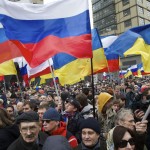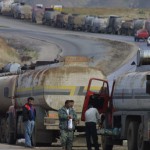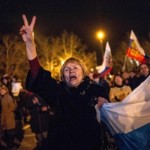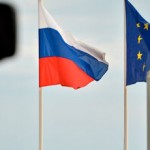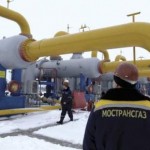Russian European food sanctions have consequences
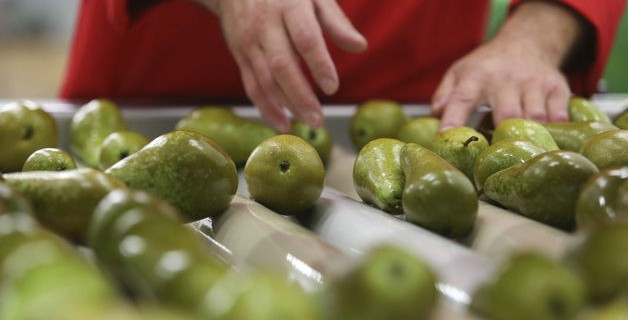
Bas Feijtel has a bumper crop of pears and no place to sell them all, so he’s leaving a quarter of them to rot. That’s because the price he gets for his pears plunged 70 percent from last year after Russia’s food import ban.
Russia, the biggest buyer of European pears, last month banned an array of food imports from the European Union, U.S. and other countries that supported sanctions against it over conflicts in Ukraine. The restrictions pushed prices lower for everything from Spanish peaches to Latvian cabbage to Finnish dairy products, according to Brussels-based farm lobby Copa-Cogeca.
In the wake of the Russian ban, the EU announced support measures for fruit and vegetable producers worth 125 million euros ($162 million), which include payments for non-harvesting of crops and for free distribution of fruit to charities, hospitals or schools.
Exports of all EU food products now banned by Russia were worth 5.1 billion euros last year, representing 4.2 percent of the bloc’s total agricultural shipments, according to the European Commission. About 29 percent of the EU’s fruit and vegetable exports went to Russia, and the sector is the most affected by the ban because the products are perishable, the Commission said in a Sept. 3 report.
“Picking costs are quite high in northwestern European countries, so I can imagine some of them will leave the pears in the fields, but it’s also an enormous waste,” van Rijswick said.
European pear production may total 2.27 million metric tons this year, 2.5 percent less than in 2013, according to the World Apple and Pear Association, a Brussels-based industry group.
“Hopefully we will get some normal prices, maybe not now but in 6 months,” Feijtel said.
Source: Bloomberg









